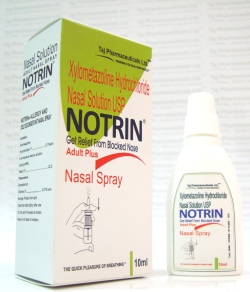|
Nortin - Xylometazoline
nasal 0.05% spray
xylometazoline nasal
Generic Name: xylometazoline nasal
(zye loe me TAH zoe leen)
Brand names: NOTRIN (Taj
Pharmaceuticals Limited)
Xylometazoline
nasal Dosing Information
Usual Pediatric Dose for Nasal
Congestion:
Nortin -
Information
Xylometazoline
nasal 0.05% spray:
2 to 12 years: 1 to 2 sprays in each
nostril every 8 to 10 hours not to
exceed 3 doses daily. Do not use for more than 3 days.
What other drugs will affect
xylometazoline nasal?
Do not use xylometazoline nasal if
you have taken a monoamine
oxidase (MAO) inhibitor such as
isocarboxazid (Marplan), phenelzine (Nardil), or tranylcypromine
(Parnate) in the last 14 days.
Although drug interactions between topical nasal decongestants
and other medications taken by mouth are not expected, they can
occur. Rarely, xylometazoline nasal may interact with the
following medicines:
 |
furazolidone (Furoxone); |
 |
guanethidine
(Ismelin); |
 |
indomethacin (Indocin); |
 |
methyldopa
(Aldomet); |
 |
bromocriptine
(Parlodel); |
 |
caffeine
in cola, tea, coffee, chocolate, and other products; |
 |
theophylline
(Theo-Dur, Theochron, Theolair, others); |
 |
tricyclic antidepressants such as amitriptyline (Elavil,
Endep), doxepin (Sinequan), clomipramine (Anafranil),
and nortriptyline (Pamelor), and others; and |
 |
phenothiazines such as chlorpromazine (Thorazine),
thioridazine (Mellaril), and prochlorperazine (Compazine),
and others. |
You may not be able to use xylometazoline nasal, or you may
require a dosage adjustment or special monitoring if you are
taking any of the medicines listed above.
Drugs other than those listed here may also interact with
xylometazoline nasal. Talk to your doctor and pharmacist before
taking any prescription or over the counter medicines, including
herbal products.
What is xylometazoline nasal?
Xylometazoline nasal is a decongestant. It works by constricting
(shrinking) blood vessels (veins and arteries) in the body. The
nasal formulation acts directly on the blood vessels in the
nasal tissues. Constriction of the blood vessels in the nose and
sinuses leads to a decrease in congestion.
Xylometazoline nasal is used to treat congestion associated with
allergies, hay fever, sinus irritation, and the common cold.
Xylometazoline nasal may also be used for purposes other than
those listed in this medication guide.
What is the most important information I should know about
xylometazoline nasal?
Do
not use xylometazoline nasal for longer than 3 to 5 days. Longer
use could cause damage to the nasal tissue and lead to chronic
congestion. If your symptoms do not improve, see your doctor.
.png)
Do
not use this medication in larger doses or more often than is
recommended. Too much xylometazoline nasal could be harmful.
Xylometazoline nasal should not be used more often than two to
three times a day (every 8 to 10 hours).
What should I discuss with my healthcare provider before using
xylometazoline nasal?
Do
not use xylometazoline nasal if you have taken a monoamine
oxidase (MAO) inhibitor such as isocarboxazid (Marplan),
phenelzine (Nardil), or tranylcypromine (Parnate) in the last 14
days. This could cause a dangerous drug interaction with serious
side effects.
Before using this medication, tell your doctor if you have
 high
blood pressure; high
blood pressure;
 heart
disease, hardening of the arteries, or irregular heart beats; heart
disease, hardening of the arteries, or irregular heart beats;
 thyroid
problems; thyroid
problems;
 diabetes; diabetes;
 glaucoma
or increased pressure in the eye; glaucoma
or increased pressure in the eye;
 an
enlarged prostate or difficulty urinating; an
enlarged prostate or difficulty urinating;
 liver
disease; or liver
disease; or
 kidney
disease. kidney
disease.
You may not be able to use xylometazoline nasal, or you may
require a dosage adjustment or special monitoring during
treatment if you have any of the conditions listed above.
It is not known whether xylometazoline nasal will be harmful to
an unborn baby. Do not use xylometazoline nasal without first
talking to your doctor if you are pregnant or could become
pregnant during treatment. It is not known whether
xylometazoline nasal could be harmful to a nursing baby. Do not
use this medication without first talking to your doctor if you
are breast-feeding a baby.
How
should I use xylometazoline nasal?
Use xylometazoline nasal exactly as directed by your doctor, or
follow the instructions that accompany the package. If you do
not understand these directions, ask your pharmacist, nurse, or
doctor to explain them to you.
To
apply the nasal spray, keep your head upright, then spray and
inhale sharply through the nose simultaneously.
To
apply the nasal drops, lie on a bed on your back with your head
hanging over the edge. Insert the drops and remain in this
position for several minutes. Gently turn your head from side to
side.
Do
not allow the tip of the container to touch the inside of the
nose, or any other surface.
To
prevent the spread of infection, do not share this medication
with others.
Discard this medication bottle after use. Do not save it for
reuse.
Do
not use this medication in larger doses or more often than is
recommended. Too much xylometazoline nasal could be harmful.
Xylometazoline nasal should not be used more often than two to
three times a day (every 8 to 10 hours).
Do
not use xylometazoline nasal for longer than 3 to 5 days. Longer
use could cause damage to the nasal tissue and lead to chronic
congestion. If your symptoms do not improve, see your doctor.
Store xylometazoline nasal at room temperature away from
moisture and heat.
What happens if I miss a dose?
Use the missed dose as soon as you remember. However, if it is
almost time for the next regularly scheduled dose, skip the
missed dose and use the next one as directed. Do not use a
double dose of this medication.
What happens if I overdose?
Seek
emergency medical attention.
Symptoms of a xylometazoline nasal overdose include extreme
tiredness, sweating, dizziness, a slow heartbeat, and coma.
What should I avoid while taking xylometazoline nasal?
Do
not use this medication in larger doses or more often than is
recommended. Too much xylometazoline nasal could be harmful.
Xylometazoline nasal should not be used more often than two to
three times a day (every 8 to 10 hours).
WARNING:
Xylometazoline nasal side effects
If you experience any of the following serious side effects from
this medication, stop using xylometazoline nasal and seek
emergency medical attention or contact your doctor immediately:
ore commonly, you may experience some sneezing or nasal burning,
stinging, dryness, or irritation. These side effects are usually
mild and temporary.
 |
Remember, keep this and all other medicines out of the
reach of children, never share your medicines with
others, and use this medication only for the indication
prescribed.
|
 |
Every effort has been made to ensure that the
information provided by Cerner Multum, Inc. ('Multum')
is accurate, up-to-date, and complete, but no guarantee
is made to that effect. Drug information contained
herein may be time sensitive. Multum information has
been compiled for use by healthcare practitioners and
consumers in the United States and therefore Multum does
not warrant that uses outside of the United States are
appropriate, unless specifically indicated otherwise.
Multum's drug information does not endorse drugs,
diagnose patients or recommend therapy. Multum's drug
information is an informational resource designed to
assist licensed healthcare practitioners in caring for
their patients and/or to serve consumers viewing this
service as a supplement to, and not a substitute for,
the expertise, skill, knowledge and judgment of
healthcare practitioners. The absence of a warning for a
given drug or drug combination in no way should be
construed to indicate that the drug or drug combination
is safe, effective or appropriate for any given patient.
Multum does not assume any responsibility for any aspect
of healthcare administered with the aid of information
Multum provides. The information contained herein is not
intended to cover all possible uses, directions,
precautions, warnings, drug interactions, allergic
reactions, or adverse effects. If you have questions
about the drugs you are taking, check with your doctor,
nurse or pharmacist.
 |
|




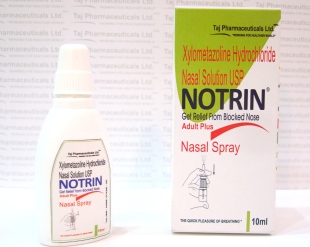
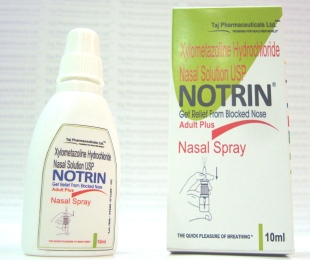
.png)

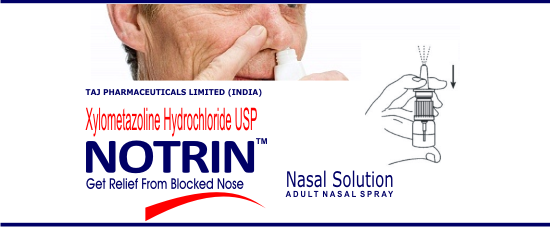
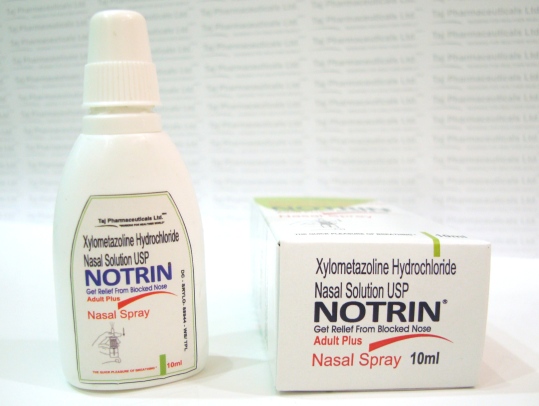

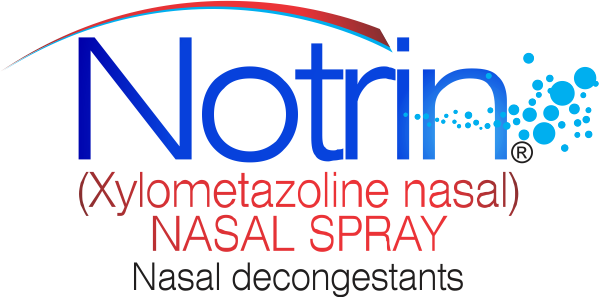
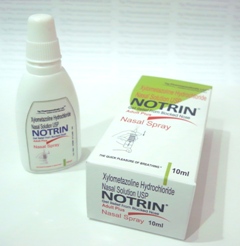
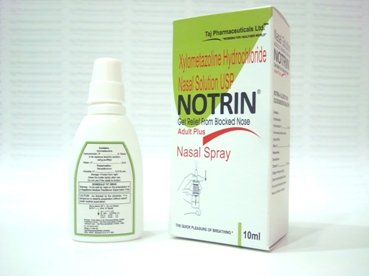
.jpg)
.jpg)
.jpg)
.jpg)
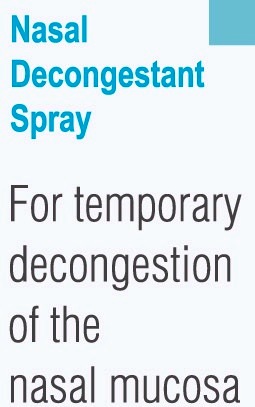
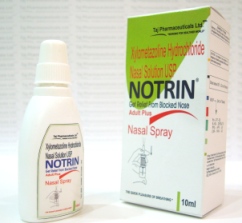
.gif)
